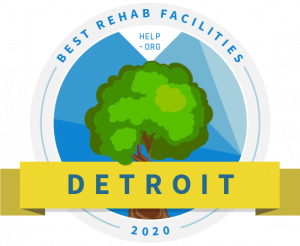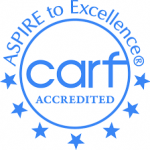Rising Homelessness: A Call for Effective, Compassionate Solutions
In recent times, there has been a palpable increase in the homelessness issue, drawing conversations from every corner of society. From concerned citizens to policymakers, the issue has become an urgent agenda. But as debates ensue, the underlying concern is whether enough is genuinely being done to address this escalating problem.
Despite reports of vast sums of money being allocated to combat homelessness, the crisis persists. This raises the critical question: Are the authorities genuinely invested in finding a solution? Is the allocated funding being used efficiently and productively? Or are these resources being misused to generate sympathy, garner votes, or provide a false sense of accomplishment?
To truly make headway, we must delve deeper into the root causes. This involves genuinely understanding the needs and challenges faced by those without shelter. Contrary to some misconceptions, many homeless individuals have had education, have worked, have families, and have led decent lives. They are not ‘different creatures’ but human beings who, for one reason or another, find themselves struggling.
Drawing from 27 years of experience working closely with the homeless, certain solutions have demonstrated efficacy. For some, the answer lies in merely providing affordable housing. This is especially true for those impacted primarily by economic downturns. Yet, for others, like those grappling with addiction, a transitional housing approach is more fitting. Providing them with temporary housing in a sober environment, coupled with intensive case management, educational programs, job training, and placement, has seen an impressive 84% success rate over 18 months, leading to independent living, stable employment, and tax contributions.
Another segment of the homeless population deals with mental health challenges. For them, supervised housing where they can live independently but have someone ensure they are managing their health and medications can be a lifeline.
The Finland approach serves as an excellent example. By building a supportive community that offers affordable housing, comprehensive case management, and job training programs, they’ve effectively reduced their homeless numbers to near zero.
Current approaches that favor one-size-fits-all solutions, like “housing first,” may work for some but fall short for many. Changing the definition of homelessness to show reduced numbers doesn’t alleviate the problem. It’s time we leverage the resources available, such as free medical support and access to community college education and invest in tailored solutions that genuinely work.
In conclusion, the path forward demands both compassion and actionable insight. Let us not waste any more time or resources on redundant strategies. Instead, let’s build upon our understanding and offer a hand to those who genuinely need it, moving toward a society where homelessness becomes a rarity rather than a rising concern.
Chad Audi President and CEO Detroit Rescue Mission Ministries
DRMM is a 114-year-old organization that gives much needed hope and help to the homeless, jobless, drug-addicted and afflicted of southeast Michigan. For more information, please visit https://drmm.org or call 313-993-4700.







